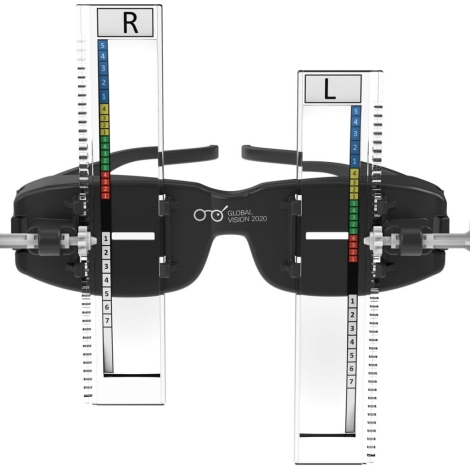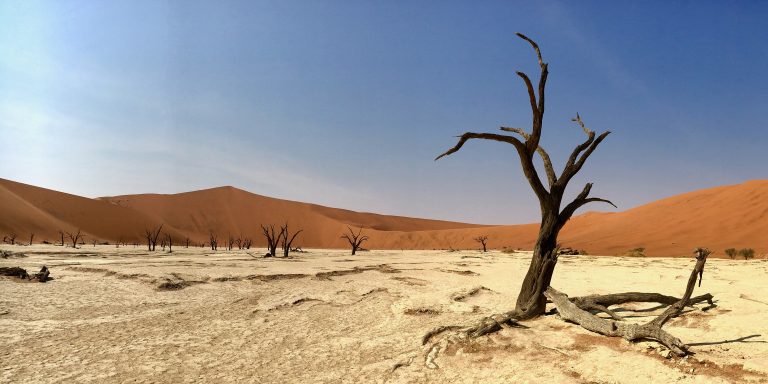Editor’s note: This article is a reprint of a page that appears in print in Appropriate Technology, Vol 47, No. 3. It is published here with permission as a part of our partnership with the magazine. For more, please see the magazine’s site: www.appropriate-technology.com.
The impact of COVID-19 on all our lives, both personally and economically, once again dominates this issue of Appropriate Technology, as we seek to reflect the efforts of many around the world to reduce short-term suffering and alleviate the longer term business consequences of this horrendous virus.
In more normal times, September tended to be the point in the calendar where we, as individuals, businesses, and agencies, assessed our original aims for the current 12 months against what might still be achieved before the year ended. If January was all about setting ambitious goals for the coming months, then September was the time for a reality check.
Personally, I don’t think there’s anything wrong with that sort of annual structure. You need to start the year with big ideas and objectives, knowing that when the ‘real world’ kicks in you still have sufficient flexibility to achieve something worthwhile. Although COVID-19 has delivered a bigger hit than any of us could have imagined, I believe there are still glimmers of hope in the following pages.
Sound analysis
Working through a mountain of COVID-based information from the World Health Organization, the Food and Agricultural Organization of the United Nations, and others, I’ve been impressed by the efforts to assess how the pandemic is affecting people and businesses in developing countries. Understanding the situation on the ground is always important if the help you’re trying to provide is to prove truly worthwhile. That is certainly the approach which scientists at Wageningen University & Research (WUR) in The Netherlands have applied to their study of the early effects of the COVID-19 crisis on a range of fragile food systems (pages 8-11).
WUR’s research leaders have also moved quickly to assess the delivery of quality seed supplies into hard-hit countries, being alive to the risk that the problems of 2020 could spill over into 2021 and beyond. For many aid and development agencies, of course, the impact of the pandemic has not only stalled current progress in developing countries but has also put previous achievements in danger of being driven backwards. While furloughed staff and shut-down travel options inevitably caused immediate disruption for some agencies, however, the bounce-back is already giving cause for renewed hope.
Positive vision
I especially enjoyed receiving a late-August update from Kevin White, founder & executive director of Global Vision 2020 (GV2020), detailing how his operation is coping with the disruption to their delivery and training activities caused by COVID-19 (pages 64-65).
GV2020 won the AidEx Innovation Challenge Award in Brussels last year for its USee Vision System, whose delivery to patients has previously been accomplished through hands-on training. The company’s specialists were accustomed to travelling the world to help equip local personnel to run the organisation’s simple, but highly effective, eye tests. Having taken advantage of what he described as the ‘pause’ created by COVID-19, Kevin and his team are now ‘adjusting to the new normal’ with every intention of continuing to maintain their delivery of global sight solutions.
Vodka and octopus
There are also plenty of non-COVID items to consider in the following pages, hopefully with our usual mix of challenging science and quirky innovation. My personal favourites are the octopus fisherwomen of Kenya who are being rewarded for staying away from their fishing area for four months to give vital stocks time to recover (pages 20-21) and the smallholder potato farmers of the high Andes who are benefitting from the rising demand for hand sanitiser, specially made from their potatoes by a Peruvian vodka company (pages 32-33).
— Comment by Colin Ley

